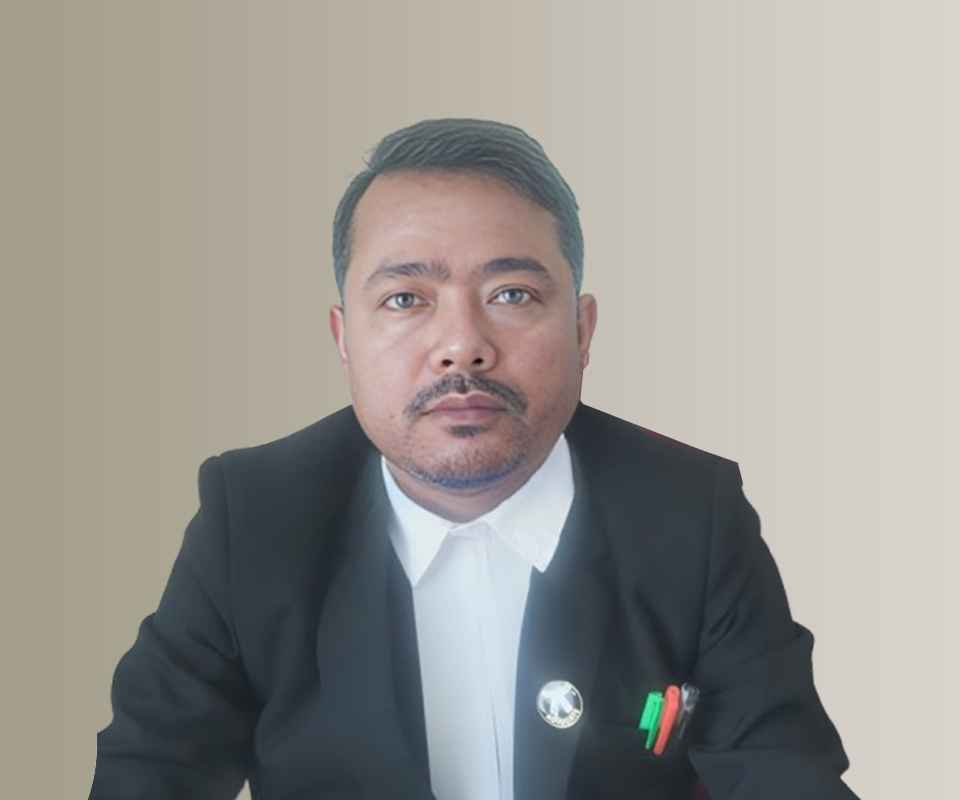Answer By law4u team
Yes, there are legal protections available for guardians who face false accusations of misconduct, including abuse or negligence. While the process can be emotionally and legally challenging, guardians have several avenues to defend themselves and protect their rights.
Legal Protections for Guardians Against False Accusations:
Presumption of Innocence:
In many jurisdictions, guardians, like any other individuals, are presumed innocent until proven guilty. If an accusation is made, it is up to the accuser to provide evidence supporting their claim. False accusations are generally considered defamatory and can lead to legal consequences for the accuser.
Defamation Lawsuits:
If a guardian is falsely accused of misconduct, they may have the right to file a defamation lawsuit against the accuser. Defamation laws allow individuals who have been wrongfully harmed by false statements to seek damages for reputational harm and emotional distress.
Investigation and Due Process:
False accusations should undergo a thorough investigation. Legal protections ensure that accusations of abuse or neglect are subject to due process, which includes the opportunity for the guardian to present their side of the story, challenge evidence, and provide counter-evidence in their defense.
Legal Representation:
Guardians facing false accusations are entitled to legal representation. A lawyer can help navigate the legal process, ensure their rights are protected, and provide counsel on how to defend against the accusations. Legal professionals can also help safeguard the guardian from any potential bias or mistreatment during the investigation.
Child or Ward Protection Laws:
In cases where the false accusations involve a ward (minor or dependent), there are typically child protection laws in place to ensure that the accusations are handled appropriately. The court will consider the best interests of the child and investigate thoroughly before making any decisions that could affect the guardian’s role.
False Allegations and Criminal Charges:
If the accusations are proven to be false and malicious, the accuser could potentially face criminal charges, such as making a false report or perjury. Guardians may be able to bring criminal charges against those who knowingly provide false information with the intent to harm.
Steps to Protect a Guardian from False Accusations:
Document Everything:
Guardians should keep detailed records of their interactions with the ward, including communications, actions taken for the ward’s care, and any incidents that may be misinterpreted. This documentation can serve as evidence to counter any false allegations.
Cooperate with Investigations:
In the event of an accusation, it is crucial for guardians to fully cooperate with the authorities. Being transparent and demonstrating a willingness to work with investigators can help clear up misunderstandings and prove the guardian’s innocence.
Seek Legal Counsel Immediately:
If a guardian is falsely accused of misconduct, seeking legal counsel right away is critical. A lawyer can help assess the situation, provide guidance on how to proceed, and ensure that the guardian's rights are protected throughout the process.
Use Character References:
Guardians can gather character references from people who know them well (e.g., family members, friends, colleagues, or professionals) to demonstrate their integrity and fitness as a guardian.
Example:
A guardian of a minor is accused of neglect after the child sustains an injury while playing outside. The guardian, confident that the accusation is false, provides medical records showing that the injury was an accident. The guardian also presents testimonies from neighbors who witnessed the incident and confirm that the child was playing in a safe environment. Additionally, the guardian retains a lawyer who files a defamation lawsuit against the accuser for making false claims. The court eventually dismisses the case due to insufficient evidence and acknowledges the guardian’s good character and care for the ward.







